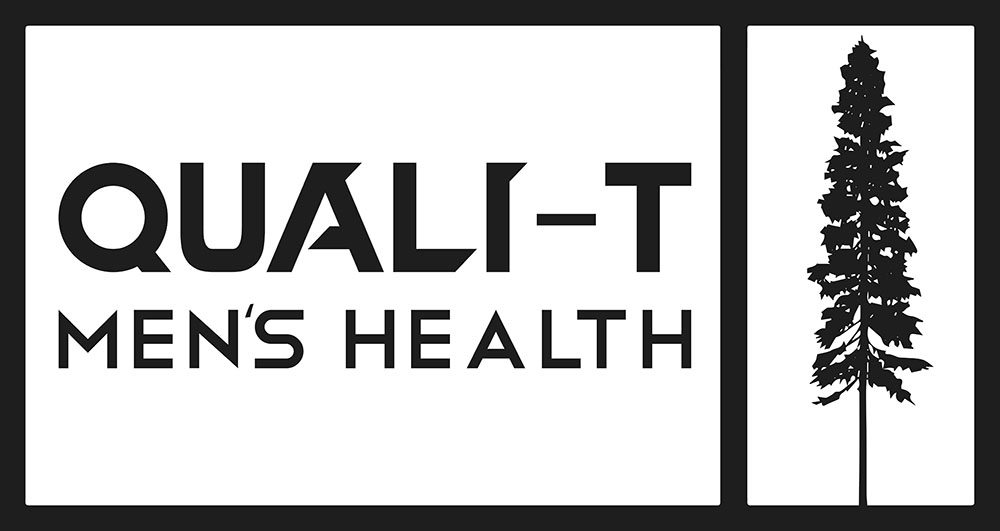
Testosterone Replacement Therapy (TRT) has gained attention over the past several years for its ability to help men with low testosterone levels. However, despite its benefits, TRT is often surrounded by stigmas and misconceptions, deterring many from seeking help. Addressing these stigmas is essential for a better understanding of men’s health.
The Origins of the Stigma
Much of the stigma surrounding TRT comes from misunderstandings. Testosterone is often wrongly associated with hyper-masculinity, aggression, and unethical sports practices. This has led to TRT being viewed as a shortcut for enhancing physical performance, rather than a legitimate medical treatment for hormonal deficiencies.
Men’s health issues, particularly those related to low testosterone, are often shrouded in silence. Symptoms like fatigue, low libido, erectile dysfunction, and mood swings can be embarrassing to discuss, leading to a lack of awareness and understanding.
Debunking Common Myths
One persistent myth is that TRT is only for bodybuilders or athletes seeking an unfair advantage. In reality, TRT is a medical treatment for men with suboptimal testosterone levels, which can cause various health issues like decreased muscle mass, increased body fat, foggy thinking, and mental health concerns.
Another misconception is that TRT is unsafe. While any medical treatment carries risks, when administered and monitored by a healthcare professional, TRT is generally safe and effective. It’s crucial to distinguish between the misuse of anabolic steroids and medically supervised TRT, which aims to restore testosterone to healthy levels.
Changing the Conversation
Reducing the stigma around TRT requires open conversations about men’s health and the realities of aging. Men should feel empowered to seek medical advice and treatment without fear of judgment. Educating the public about TRT’s legitimate medical uses, rather than associating it with sports doping, is also crucial. This is why we offer a free consultation at Quali-T Men’s Health.
Conclusion
TRT can be life-changing for men with low testosterone, but stigmas often hinder access to treatment. By addressing misconceptions and promoting open discussions, we can help more men lead healthier lives. Let’s work together to break this stigma and improve men’s health along the way.





